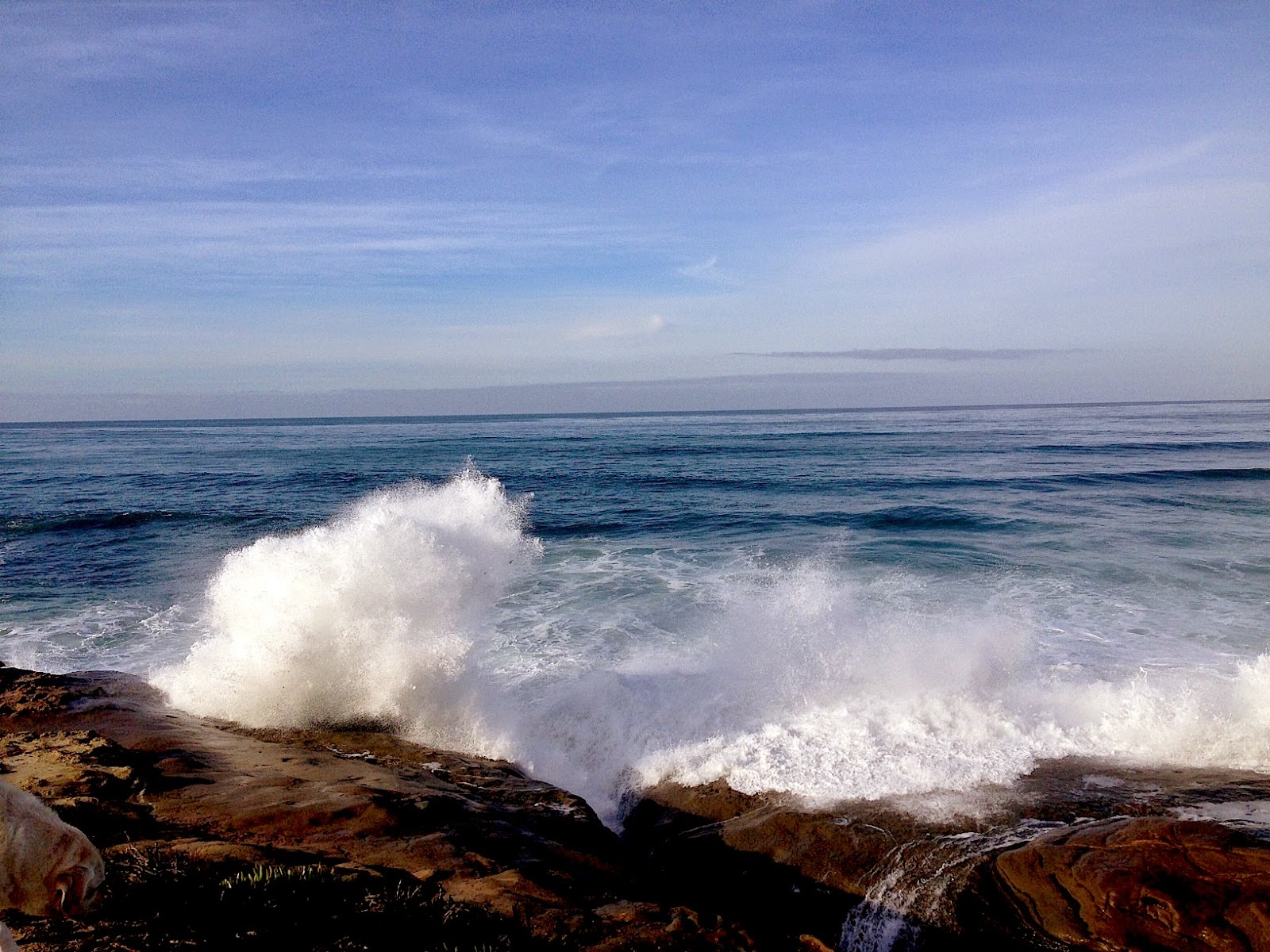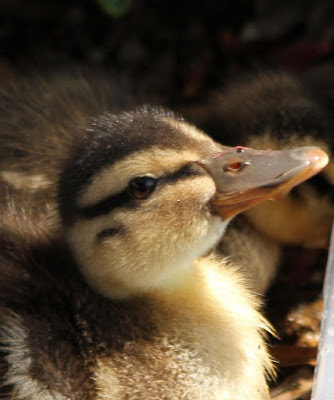At age 10, while training to play
competitive tennis, I had the opportunity to visit the Wimbledon tennis courts
in England. My father pointed to the sign over Center Court which read, “Meet
with Triumph and Disaster and treat those two imposters the same.”
He encouraged me to think beyond
any impossible challenge to make I’m Possible my mantra. The words of the sign
stuck with me. I did not really understand their meaning until I had to deal
with winning and losing in high school tennis tournaments and other
interscholastic sports.
One of the most important
strategies I developed involved my outward attitude. I began to realize how it
affected my opponent. I learned to judge a missed shot with an inner laugh and
straight face. Positive body language worked to my advantage.
My efforts to prevent my
competition from observing my frustration took a long time to establish. I had
to make it authentic from the inside out. As I developed my self-confidence
when losing, I realized my power over an opponent. My ability to keep in
touch with I’m Possible turned many games around in my favor. I also gained
strength from my opponents’ frustrations.
Never permit your opponent -
whether disguised as frustration or a cranky mood - to dislodge that
belief you have in yourself.
The more you discover about
yourself, the more strength you will bring to all of life’s encounters in
relationships or competition. Each win or loss will provide more experience for
the next level of achievement.
Write your accomplishments.
How do you achieve success?
Write your feelings and
frustrations. How will you overcome them?
What does failure mean in each
circumstance?
Let humor become your ally. Do
not look back but continue writing onward. Record all of your efforts. Writing about your life's opponents will help you learn ways to defeat them.
Then, on a day when Triumph or Disaster intrude upon your feelings and focus, read about the ways you charged beyond challenges. Build upon these skills for the future.





























